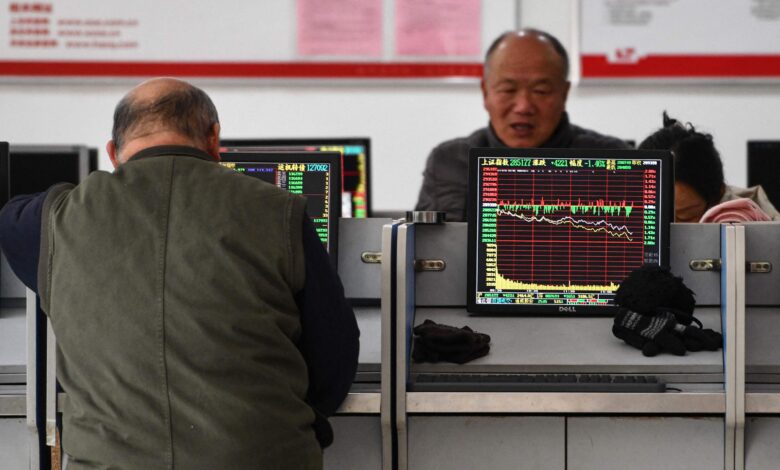China says new market rules won’t lead to massive delistings

CHINA’S top securities regulator tried to allay investor concerns about new stock exchange rules following a rout in small-cap shares, saying they do not expect a surge in delistings as a result of the changes.
The amended rules target so-called “zombie” companies or “bad actors” in the market, and not small caps, Guo Ruiming, a China Securities Regulatory Commission (CSRC) director, said on Tuesday (Apr 16). The changes “won’t likely impact the market in the near term”, he added.
The CSI 2000 Index of small-cap companies dropped 11 per cent in two days on fears that more firms could face delisting risks in light of Beijing’s new regulatory framework. A closely followed index of the smallest 400 onshore firms, compiled by Wind Information, saw sharper declines.
China’s State Council on Friday pledged to tighten stock listing criteria, crack down on illegal share sales and strengthen the supervision of dividend payouts. The measures came after a recovery in Chinese stocks stalled this month as investor focus returned to the uncertain economic outlook and earnings growth.
Only about 30 companies may be delisted next year due to their financial metrics, according to CSRC calculations. Another 100 firms could be tagged with a “*ST” or “special treatment” delisting warning. These companies will have more than 18 months to improve their performance before a deadline at the end of next year, the regulator added.
The State Council’s once-a-decade regulation framework on capital markets lowered the threshold to delist companies. Those with a market value of less than 500 million yuan (S$96 million) will be removed from exchanges. There are currently four firms below this level on the Shanghai and Shenzhen exchanges, the CSRC said.
GET BT IN YOUR INBOX DAILY

Start and end each day with the latest news stories and analyses delivered straight to your inbox.
The move to reinforce the delisting mechanism is not new. In 2014, China’s securities watchdog set out 27 delisting scenarios, yet few companies were taken off the public market as a result. Fewer than 20 firms were forced to delist from 2014 to 2019, according to data from the Securities Times, a tiny fraction of the 1,300 firms going public in that period. The pace of delistings accelerated after a stricter set of rules came into effect at the end of 2020. BLOOMBERG





